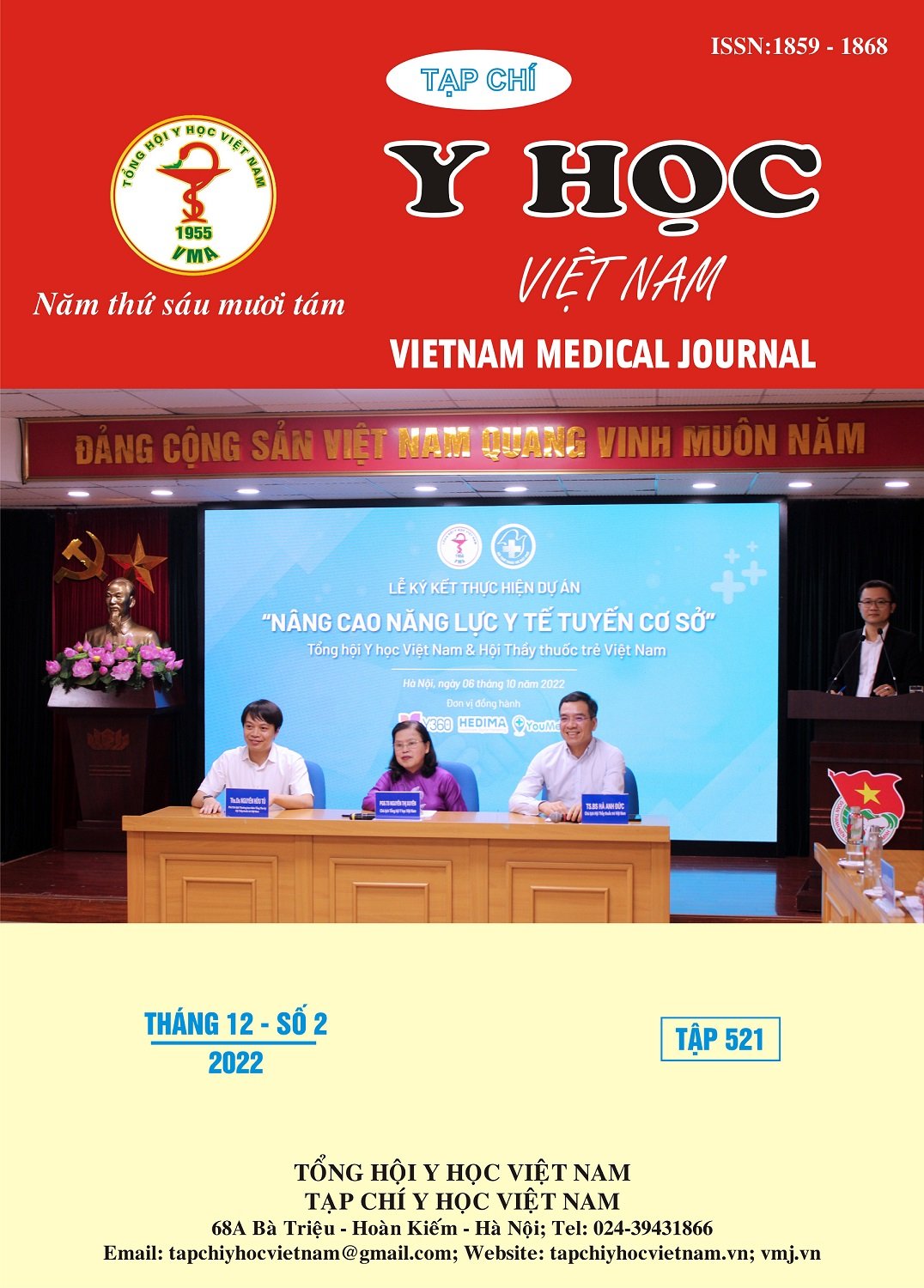EFFECT OF GARCINIA MANGOSTANA L. EXTRACT ON MAMMARY CANCER INDUCED MODEL IN FEMALE MICE
Main Article Content
Abstract
Breast cancer is the most common type of cancer in women. Besides classical therapeutics, traditional medicine has been used to prevent and treat cancer. This research aimed to evaluate the impact of an ethanolic Garcinia mangostana L. (GM) extract on 7,12-dimethylbenzeneanthracene (DMBA)-induced mammary cancer in mice. Adult female Swiss mice were orally administered DMBA 1mg weekly for six weeks to cause breast cancer. Then all animals have divided into four groups, including normal control, DMBA control, and GM treated groups at doses of 1.2 g/kg/day and 3.6g/kg/day for 18 weeks. There were no significant differences in the mortality rate of animals treated with GM compared with the DMBA group (p > 0.05). The animals treated with GM at both doses had a later tumor appearance and lower tumors incidence than the DMBA control group. In histopathology, the incidence of breast carcinoma or hyperplastic breast tissue in GM treated groups was lower than DMBA group. Thus, Garcinia mangostana L. extract had potentially prevented the tumor appearance in the DMBA-induced mammary cancer model in mice.
Article Details
Keywords
Garcinia mangostana, 7,12-dimethylbenzanthracene, DMBA, breast cancer, mice
References
2. Ferlay Jacques, Murielle Colombet, et al. Cancer statistics for the year 2020: An overview. International Journal of Cancer, 2021, 149, pp. 778-789.
3. Blowers Elaine and Sharon Foy. Breast cancer overview: Current treatments. Practice Nursing, 2009, 20, pp. 282-286.
4. Obolskiy D., Pischel I., Siriwatanametanon N., Heinrich M. Garcinia mangostana L.: a phytochemical and pharmacological review. Phytother Res 2009, 23, pp. 1047–65.
5. Gutierrez-Orozco F., Failla ML. Biological activities and bioavailability of mangosteen xanthones: a critical review of the current evidence. Nutrients 2013, 5, pp. 3163–83.
6. Mohamed. G. A., Al-Abd. A. M., El-Halawany. A. M. et al. New xanthones and cytotoxic constituents from Garcinia mangostana fruit hulls against human hepatocellular, breast and colorectal cancer cell lines. Journal of ethnopharmacology, 2017, 198, pp. 302–312.
7. Currier N, Solomon SE, Demicco EG, et al. Oncogenic signaling pathways activated in DMBA-induced mouse mammary tumors. Toxicol Pathol. 2005; 33(6), pp. 726-737.
8. See. I., Ee. G., Jong. V. et al. Cytotoxic activity of phytochemicals from Garcinia mangostana L. and G. benthamiana (Planch. & Triana) Pipoly against breast cancer cells. Natural product research. 2021, 35(24), pp. 6184–6189.


